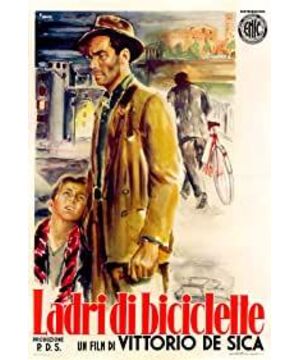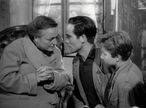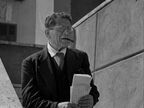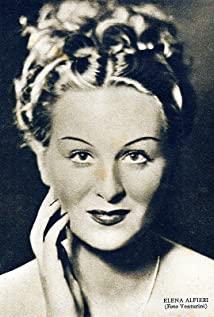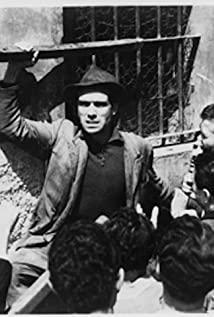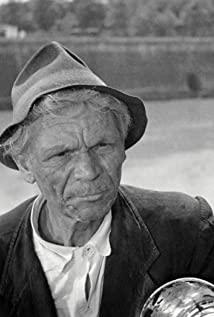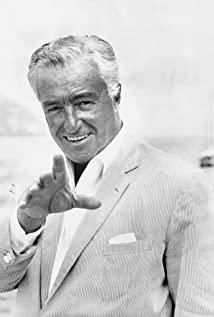Origin of the script:
An unemployed man got a job, the job needed a bike, but the bike was stolen on the first day of work. Then he and his son tried to get their bike back, but they couldn't find it. Such a simple story.
The structure of the story is:
From the bike being stolen to trying to find the bike, and then trying to steal a bike, the story ends with an attempted car over your head.
This is not a story about stealing and crime, this is a story about poverty and despair. The story of the helplessness and despair of ordinary people in the context of the disaster of the Great Era.
The little boy Bruno is a real homeless child, and the male owner Kiki is a real laid-off worker
Like 11 o'clock in Rome, Italian films after the war are trying their best to depict the daily life of ordinary people, people's existence under barrenness and hardships.
Captivating shots are done in limited real-world settings.
1 emotion
The way of portraying the love of father and son
At the beginning of the film, the father needs a bicycle to find a job. As the head of the family, the father needs to support the family's source of income.
In the process of looking for a bicycle, the father supports the child to keep up with him and look for a car together
Losing hope of finding a bike, father takes child to luxury restaurant for bread, father is child's support
Give up looking for a car, the father decides to steal one and take the child away, and the support relationship between the father and the child is exchanged
The child was close to catching the bus. After the drama was dropped by the bus, he saw his father, who was caught stealing the car, besieged and beaten. At this time, the child did something
Picking up the father's hat, the child becomes the father's supporter
He dusted off the ashes from his hat, crying helplessly, then squeezed through the crowd and hugged his father,
In the end, the father and son walked side by side on the street, and the release of the father-son relationship began slowly:
The child grabbed his father's hand and cried softly with tears in his eyes. The father increased his strength to hold the child's hand. At this time, the father was the child's supporter.
When the child wiped away his tears and stopped crying, the father began to cry, and the child became the father's supporter in an instant
This kind of exchange of inner strengths to support each other is the father-son relationship.
5 scenes
Scene 1: At the beginning of the film, the wife rudely took the sheets from the bed. She wanted to sell all the sheets in the family. From this, I learned that it was all his dowry and a large amount of property for the family. The determination of the wife and the extreme poverty and despair in the background of the story are touching
Scene 2: When the father and son realized that it was difficult to retrieve the bicycle, and the sense of despair overflowed the screen, the father took his son to a luxury restaurant and said the line: "except death, any problem can be resolved"" we are going to do what we wan!"
Scene 3: Still in the restaurant, the conversation between father and son and the enjoyment of the wealthy class at the next table are heart-wrenching. The rich child casually showed off the bread; the father also ordered the bread for Bruno very nicely, and then the main dish at the next table came up. The father lowered his head and said to Bruno, "To eat such a dish, you must earn 100,000 lire." , revealing a sense of unreachable powerlessness.
Scene 4: Bruno sucked the bread and cream in his mouth, stretched it into the shape of noodles, long silk, while Bruno showed off; the camera showed the exposed holes behind Bruno's arms, the broken corners of his clothes, sincere sympathy flooded my heart immediately
Scene 5: On the way to find a bicycle, the father is tired and desperate, and strides forward; the child Brono runs hard, chasing his father. It highlights a sense of comedy, which contains social tragedy.
View more about Bicycle Thieves reviews


